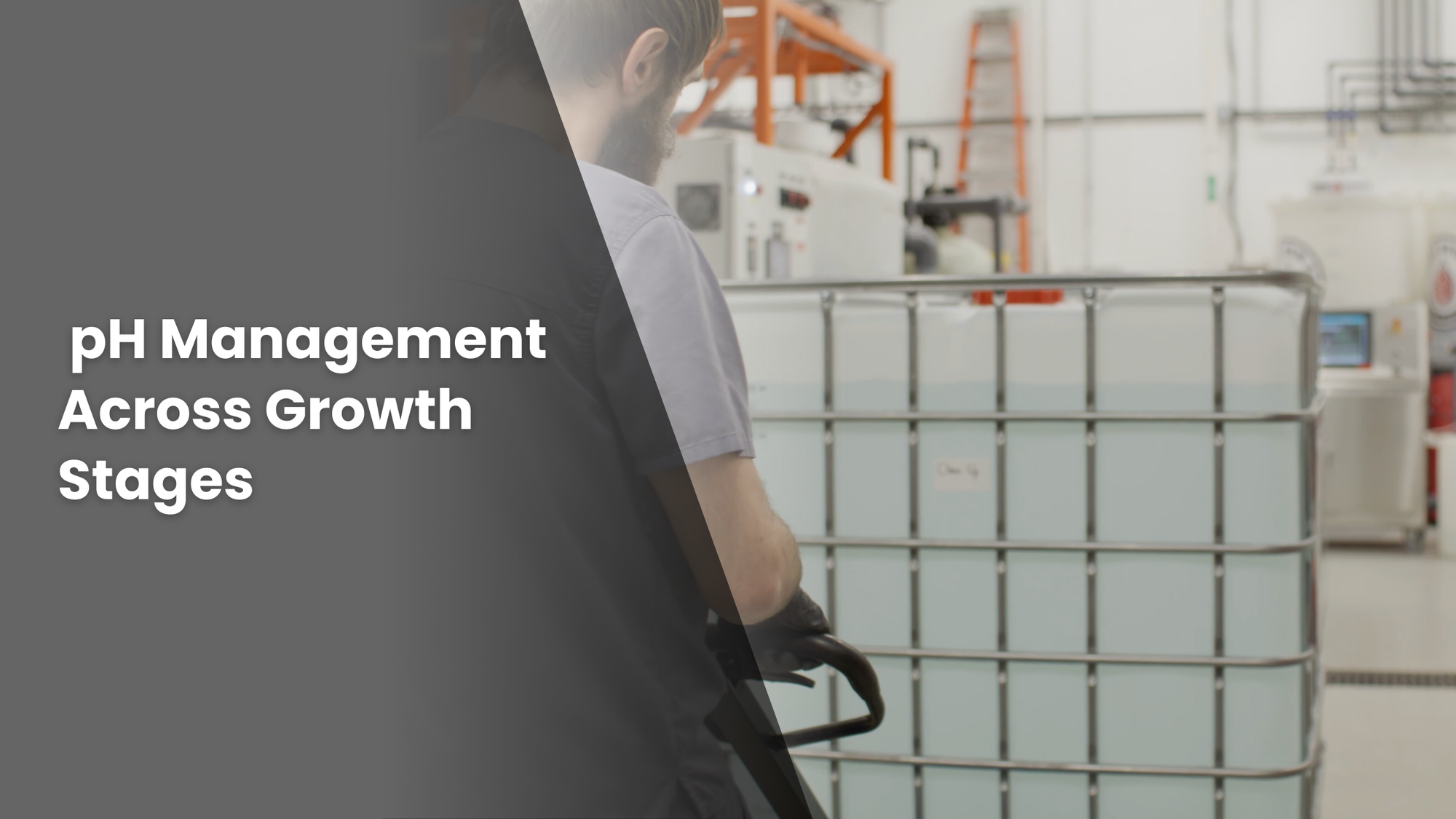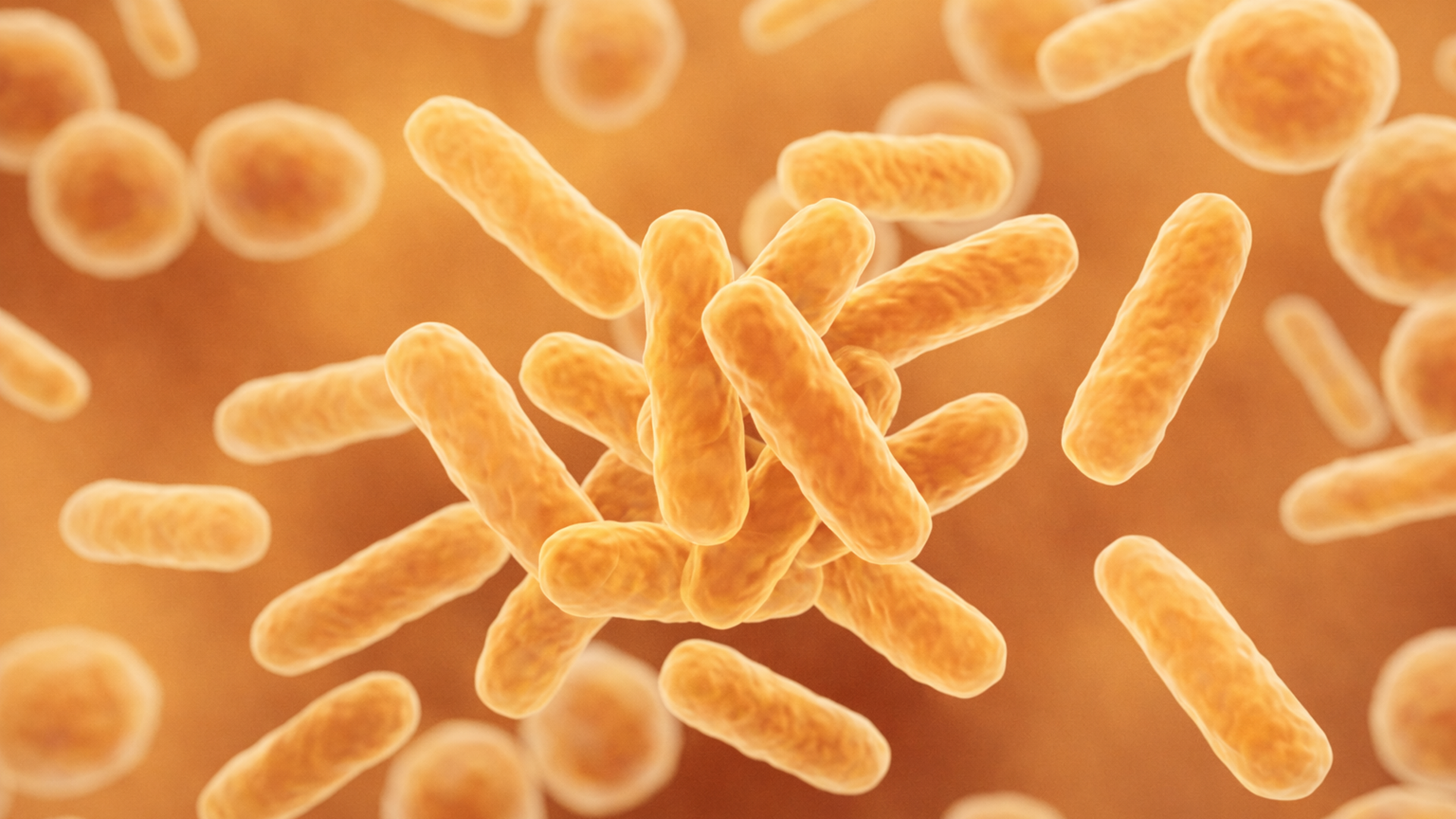Triologic: Mycorrhizae’s Favorite Helper Bacteria
Mycorrhizae are symbiotic fungi that colonize plant roots, offering several advantages for plants, including:
- Extending the root system for better access to nutrients and water
- Forming a protective barrier against root pathogens
- Mitigating plant stress response through multiple mechanisms.
Given these advantages, it's clear why many growers consider mycorrhizal products a key part of their growing system. In this context, why recommend Triologic? Isn’t it a bacterial root inoculant that contains no mycorrhizae? The answer is straightforward: If you want to maximize plant nutrient uptake and mycorrhizal root colonization, incorporating Triologic into your grow program is essential.

Germinating seed covered in mycorrhizal growth from Trilogic-inoculated soil
For mycorrhizae to effectively colonize plant roots, the surrounding root environment, called the rhizosphere, must support this colonization process. Triologic's specialized group of bacteria, known as Mycorrhization Helper Bacteria (MHB), are central to this process.

The rhizosphere (area surrounding root and root hairs), supports mycorrhization when inoculated with Triologic.
MHB are not only essential for initiating mycorrhizal colonization but also play a vital role in maintaining the mycorrhizal-plant root relationship. A less successful colonization could lead to rapid mycorrhizae die-off, leaving the roots unprotected.
How Triologic Facilitates Mycorrhization
MHB facilitate mycorrhizae-root colonization through various mechanisms:
- Promotion of mycorrhizae spore germination - In sterile soils, spore germination is much lower than in soils inoculated with MHB. MHB produce specific metabolites that are believed to act as signals for germination.
- Promotion of mycorrhizal fungal growth prior to root colonization - MHB play a key role by forming a rhizosphere environment that can support mycorrhizae growth and development on plant roots. MHB do this by providing sufficient nutrients that mycorrhizae need to colonize plant roots, and by breaking down and removing harmful material – such as antifungal compounds – that actively prevents mycorrhizal growth.
- Promotion of the plant root’s ability to allow mycorrhizal colonization - Mycorrhizae cannot randomly colonize any part of the plant root that they encounter. Instead, they preferentially grow on “short” or “fine” root hairs – newer root growth which has a softer cell wall that the mycorrhizae can penetrate. The ability of MHB to help promote new root growth is well-documented. MHB can also “soften” older roots using a variety of enzymes, which can allow for mycorrhizal colonization on older root tissue.
- Promotion of the root-mycorrhizae recognition process - The root colonization process is complex, with both fungi and plants producing a variety of chemical signals such as phytohormones, organic acids, sugars and adhesions during the initiation of colonization. MHB also produce these signaling compounds, and can alter existing compounds that may interfere with the colonization process.
How To Apply Triologic and Mycorrhizae in Your Cultivation Process
To practically apply these insights, consider the following strategies for using Triologic alongside mycorrhizae:
- Initiate co-inoculation with mycorrhizae and Triologic via clone feeds as soon as the first roots emerge from the clone plug. This early application ensures the plant's root system benefits from both agents from the start.
- Triologic can be applied at a rate of 1-2 ml per gallon of water, optimizing colonization without overwhelming the plant's environment.
- At the time of planting the clone, apply Triologic and mycorrhizae at 2ml per gallon, with granular mycorrhizae directly to the planting hole, supporting root growth in various mediums, including soil, rockwool, and coco.
Triologic can play a key role in helping to establish healthy mycorrhizae growth on plant roots using the various mechanisms listed above. One test we use to ensure full activity involves inoculating Triologic into substrate containing seeds, and charting the growth of mycorrhizae compared to uninoculated substrate. With Triologic, we see rapid mycorrhizal growth within 72 hours which persists to the end of the two-week test, while with uninoculated substrate we find spotty growth which rapidly dies back as shown in the above photos.
Conclusion
Front Row Ag’s protocols allow for a flexible, synganic approach that integrates the best synthetic nutrients with targeted biologicals to ensure high yields, healthy plants, top quality.
The practical application of Triologic and mycorrhizae as detailed above exemplifies our commitment to enhancing plant health through innovative, synergistic approaches, ensuring growers can leverage the full benefits of mycorrhizal colonization.






